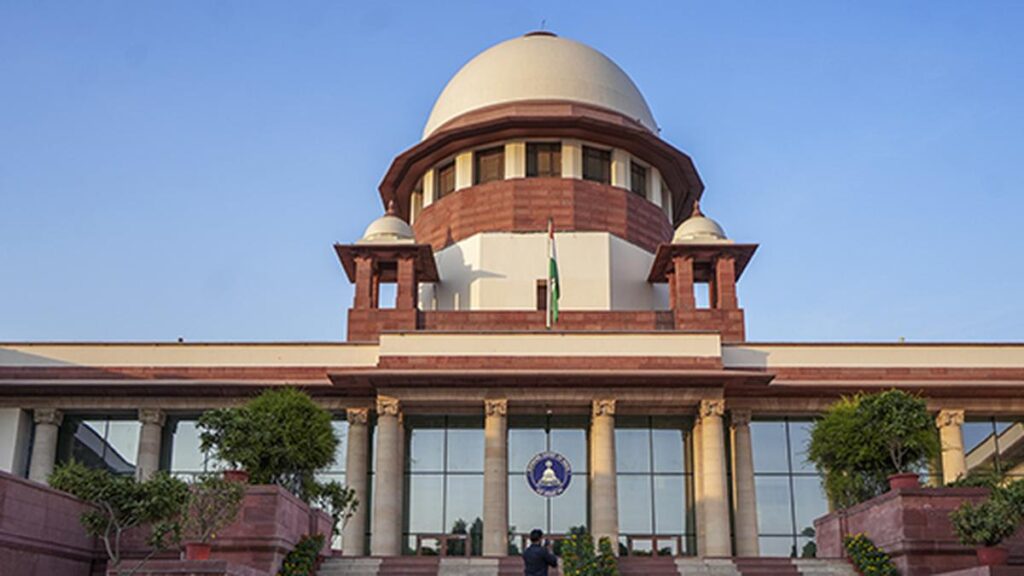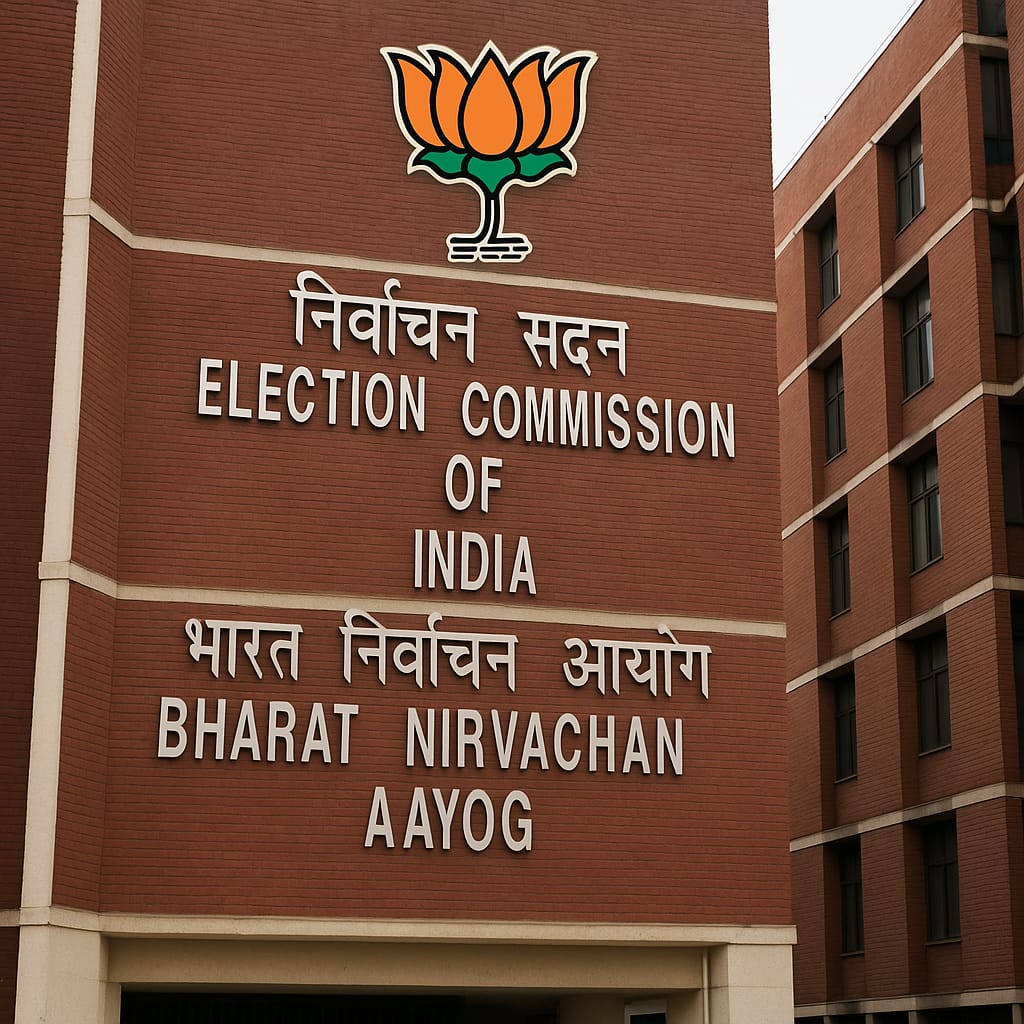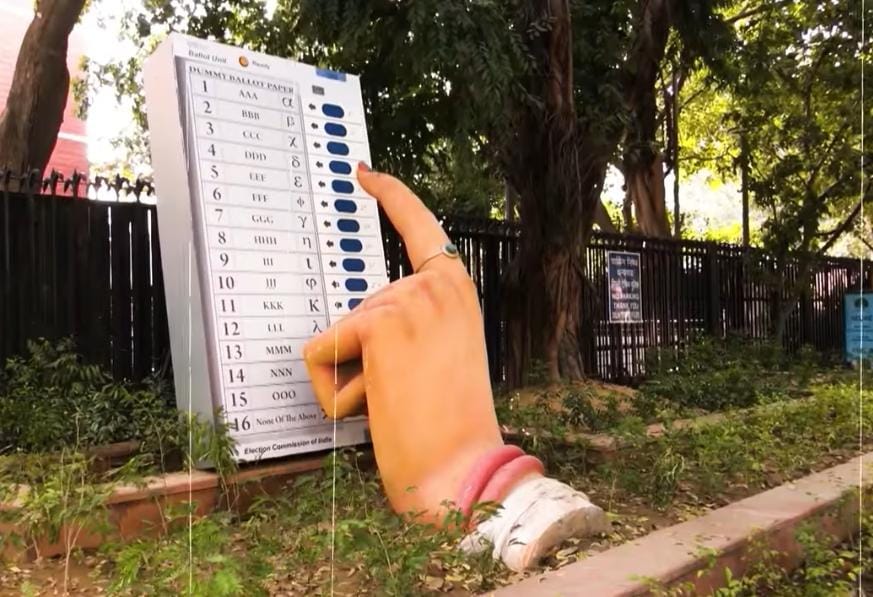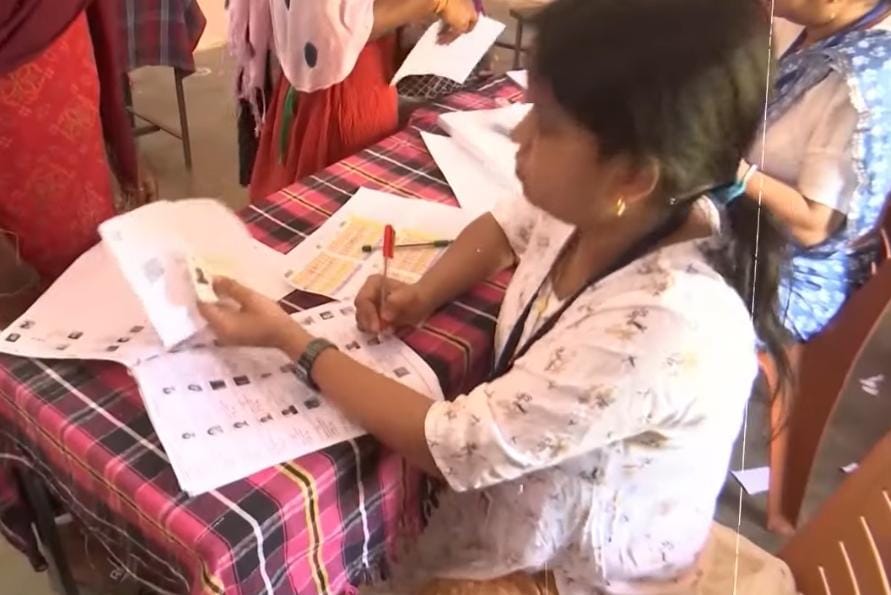

NEW DELHI: Even 24 hours after the Supreme Court of India strongly advised the Election Commission (EC) to allow Aadhaar cards, voter ID, and ration cards as valid proofs of identity during the ongoing electoral roll revision in Bihar, there has been no official response or change in practice from the commission.
Despite the court’s clear suggestion that these documents be accepted alongside the 11 forms of identity already notified, ground reports indicate no relief for voters. For instance, in a village situated 3 km from Vaishali district on the main Lalganj highway, booth-level officers (BLOs) are continuing their visits and accepting Aadhaar ID as valid documents. Where as there are reports of BLO’s asking for listed ID proof and not Aadhar or voter ID.
Political observers in Patna express surprise at the EC’s silence, especially after the Supreme Court’s vacation bench, led by Justice Sudhanshu Dhulia, underscored the fundamental democratic right to vote. The court remarked there were no valid arguments to disqualify Aadhaar and voter ID cardholders from inclusion in the revised electoral rolls for Bihar’s upcoming assembly elections, scheduled for November.
Justice Dhulia fixed July 28 as the next date of hearing and directed the Election Commission to submit a counter-affidavit by July 21. If required, a rejoinder must be filed before the next hearing. Notably, the court refrained from staying the ongoing revision process, choosing instead to monitor developments closely.
The opposition INDIA bloc has welcomed the Supreme Court’s intervention, calling it a vindication of their stand. Opposition leaders argue that the EC’s sudden revision process was causing unnecessary hardship and humiliation to ordinary voters, many of whom were allegedly left out without clear reasons.
The crux of the legal dispute revolves around the Election Commission’s authority to determine questions related to citizenship during voter roll revision. The Supreme Court’s observations suggest discomfort with the EC assuming quasi-judicial powers on this sensitive issue, which traditionally falls under the purview of other government departments.
Meanwhile, opposition and non-BJP parties are closely watching the EC’s next steps. For now, the absence of any public clarification or instruction from the commission has only deepened political unease and public confusion.
With assembly elections just three months away, both legal and political pressure on the Election Commission is mounting. The coming weeks, especially the court-mandated filing deadline on July 21, will be critical in shaping the narrative around voter rights and electoral fairness in Bihar.
[Writer is a Senior Journalist and Political Commentator]







